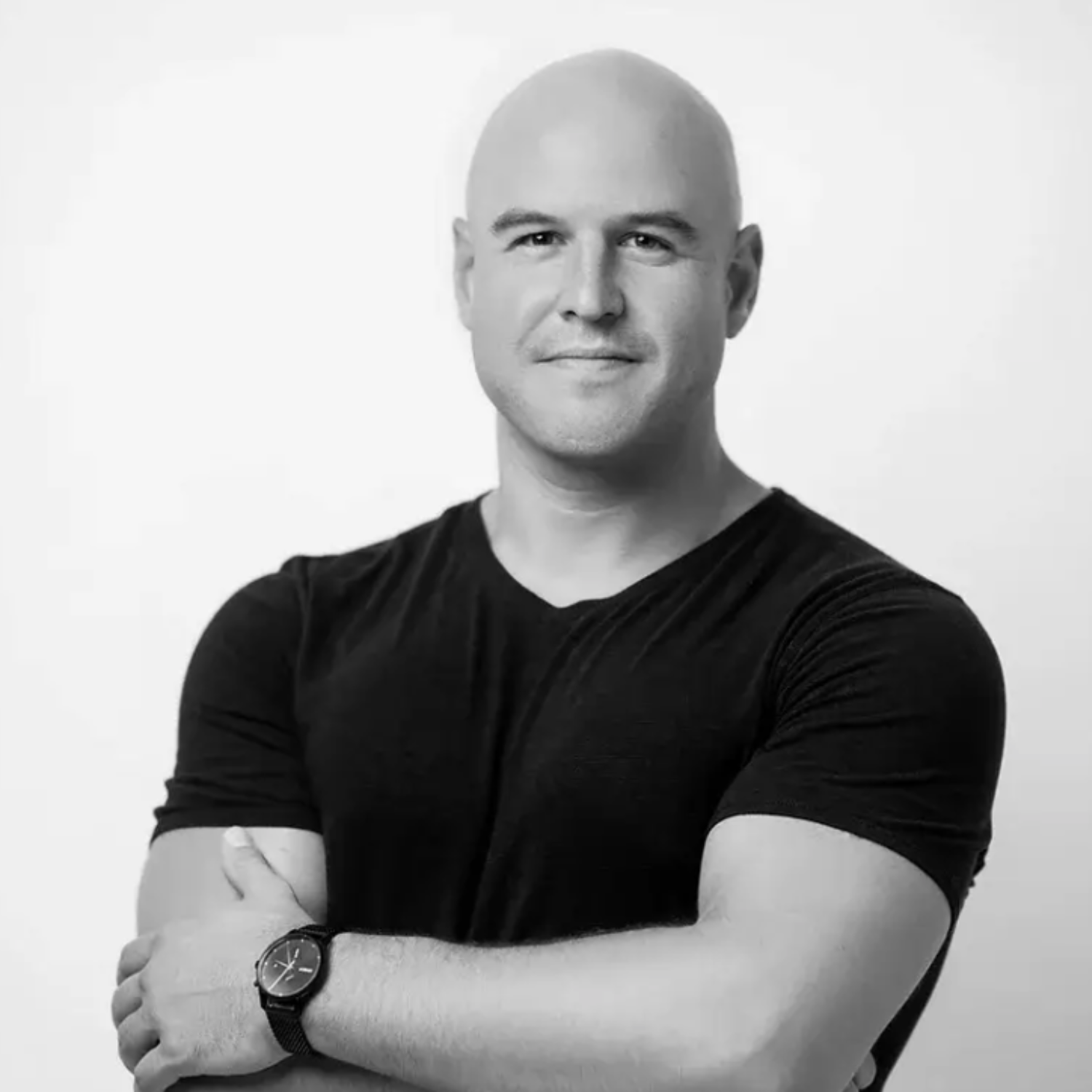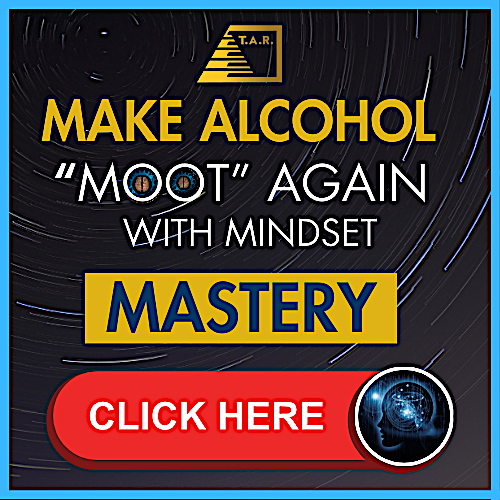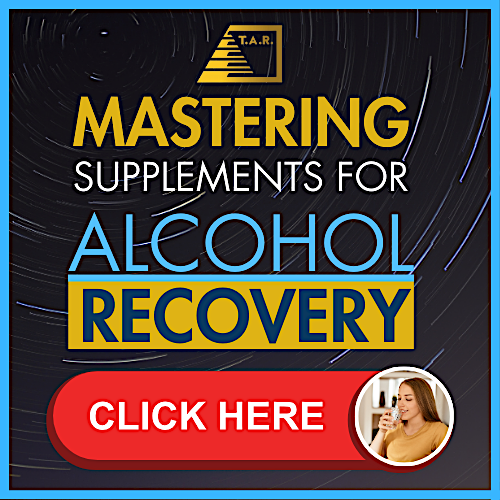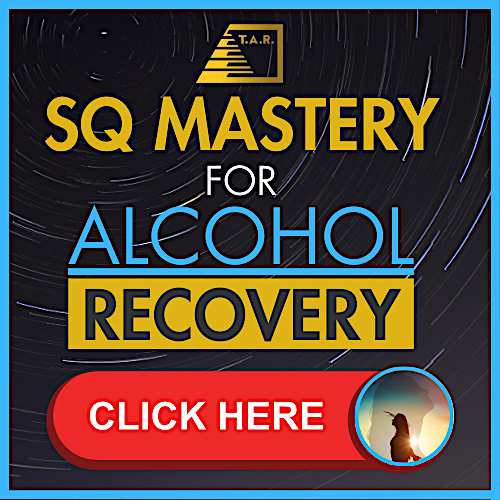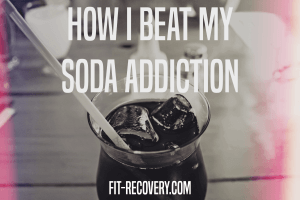
Most of us know that soda isn’t the best thing for you. And most of us have ordered a soda without even thinking about it. You’re out at a restaurant getting the same thing as everyone else, or maybe you’re stopping at McDonalds in the middle of a long drive.
I would classify my former “addiction” to soda as relatively mild but annoying. Quitting soda had been in the back of my mind for awhile before I actually did it.
Why is soda so addictive?
Soda is addictive because it contains sugar or artificial sweeteners. Sugar is an addictive drug, and fructose (contained in high fructose corn syrup) is a liver toxin.
People with a history of alcohol addiction have already spent a lot of time addicted to sugar. Alcohol is a highly refined sugar, and chronic consumption causes blood sugar roller coasters, with intense hypoglycemic episodes that can feel as if the end of the world is coming.
Quitting alcohol gave me the first sweet tooth of my life. I quenched it with diet soda because I couldn’t stomach the full-sugar versions. During the first month of rehab, I drank a liter of diet coke every single day.
It was nearly two years before I decided to give up soda for an extended period of time. Within a few days, I felt noticeably better – and more mentally and physically stable – than I did more.
What happens if you drink soda all the time?
Excessive sugar consumption is clearly linked to diabetes, obesity, and increased risk of heart disease and cancer.
Studies also show that artificial sweeteners like aspartame and sucralose can adversely affect insulin sensitivity, blood sugar levels, and the number of calories consumed during meals.
Drinking soda all the time is a recipe for very poor health! Unfortunately, soda diets are extremely common in our under-nourished and over-indulgent society.
Much better coping mechanisms for stress exist than drowning yourself in liquid sugar. As you conquer your soda problem, be sure to reap the benefits of exercise for addiction recovery.
How do I stop craving soda?
All cravings have a biochemical component and a psychological component.
Biochemically, soda cravings are often indistinguishable from sugar cravings. The best remedy for sugar cravings is L-Glutamine, an amino acid that can be taken in powder form and dissolved under the tongue for fast relief.
L-Glutamine is extremely useful for both sugar and alcohol cravings.
Psychologically, soda cravings are caused by the establishment of neural pathways linking soda consumption to pleasure. As with any other habit, these neural pathways can be dissolved by choosing better alternatives that begin to feel more natural over time as they “crowd out” your soda consumption.
What to drink when you’re craving soda
Common sense told me that I would be sacrificing nothing by getting rid of the diet soda.
In lieu of the soft drinks, I ordered nothing but unsweetened iced tea for a month. In the South, where I live, you often have to say “unsweetened” twice so people know you’re not kidding around. Sugar addiction is rampant down here!
If you hate unsweetened iced tea, you could opt for club soda with a lemon/lime. At home, I often drank La Croix – naturally flavored soda water that has been described as “methadone for soda addicts.” I also made chamomile tea myself every afternoon and often drank this with dinner while family and friends were downing sodas or wine.
My approach to giving up diet soda therefore mirrored my general approach for recovery: You can’t give something up if you’re just creating a void in your life. You need a better substitute for every one of your addictions. The healthier and more appealing the substitute, the more sustainable your new lifestyle will be.
My substitute for alcohol was exercise and a commitment to find my life’s purpose. It might sound silly, but my substitute for diet soda was my newfound passion for making iced tea (especially this brand at home). I enjoy La Croix just enough to let it fill in the gaps when iced tea isn’t available.
Will you lose weight if you stop drinking soda?
A mountain of research has found that cutting out soda leads to reduced body fat. This is true whether full-sugar or diet sodas were examined.
Here are some other benefits that I’ve noticed since cutting out soda:
1) I feel fewer irrational hunger pains throughout the day.
This leads me to believe that diet soda had been distorting my perception of calories consumed throughout the day. Nothing made me salivate over a greasy plate of fries like a diet coke!
2) I don’t crave salt as much as I did before.
Sweet and salty go together for some reason. I had an ex who had insatiable cravings for sweet and salty foods every time she had her period. Since I gave up diet soda, I no longer feel like a chick on her period.
3) My moods are more stable.
Correlation with the above observation? Maybe not, but this was a noticeable effect.
4) Intermittent fasting is easier.
On weekends, I tend to fast until sometime in the mid-afternoon. Fewer hunger pains have meant an easier time fasting.
5) Instinctive eating is easier.
I no longer follow a strict diet because I know generally how many calories I need to gain muscle of lose fat. Practice makes perfect. Since giving up soda, I have less of a problem eyeballing food.
For whatever reason, fresh fruit tastes better than it did before.
6) My sweet tooth has become more manageable.
I won’t lie – I indulge in dessert every Sunday during my weekly all-out cheat meal. As long as I haven’t eaten excessively throughout the day, I’ll sometimes have a scoop of ice cream after dinner.
I crave sugar less than I did before quitting soda. The frequency of dessert has stayed the same, but my portion sizes have gotten smaller.
7) I no longer feel much of a desire for diet soda.
When we stop exposing ourselves to something we think we need, our brains eventually adapt to its absence.
Most importantly, because the experiment has gone so well…
8) I feel a heightened sense of self-efficacy.
I just feel better in general. Nothing feels better than proving something to yourself. It’s not about society or your peers or your family.
It’s about victory over your own demons and weaknesses. Every last battle counts toward your renewed sense of self in the struggle to build the best life you possibly can.
Don’t have a clearly defined mission in life yet? A renewed and enlightened sense of self is a noble thing to aim for.
Author
-
A decade+ addiction-free, Chris Scott, the visionary founder of Fit Recovery, passionately guides Fit Recovery 2.0 Members toward a vibrant, healthier lifestyle. Through the integration of groundbreaking nutritional strategies, transformative reframing techniques, neurolinguistic programming, and dynamic pro-recovery habit systems, he inspires individuals to boldly take charge of their lives and break free from alcohol. Chris is celebrated as a Professional Member of the Alliance For Addiction Solutions. Moreover, he is the proud author of the bestselling book "Drinking Sucks!" which stands as a vital beacon of hope for those yearning to quit drinking. Additionally, he created the celebrated online program Fit Recovery 2.0, designed to provide unwavering support for individuals embarking on their recovery journey.
View all posts Fit Recovery Founder & Director


